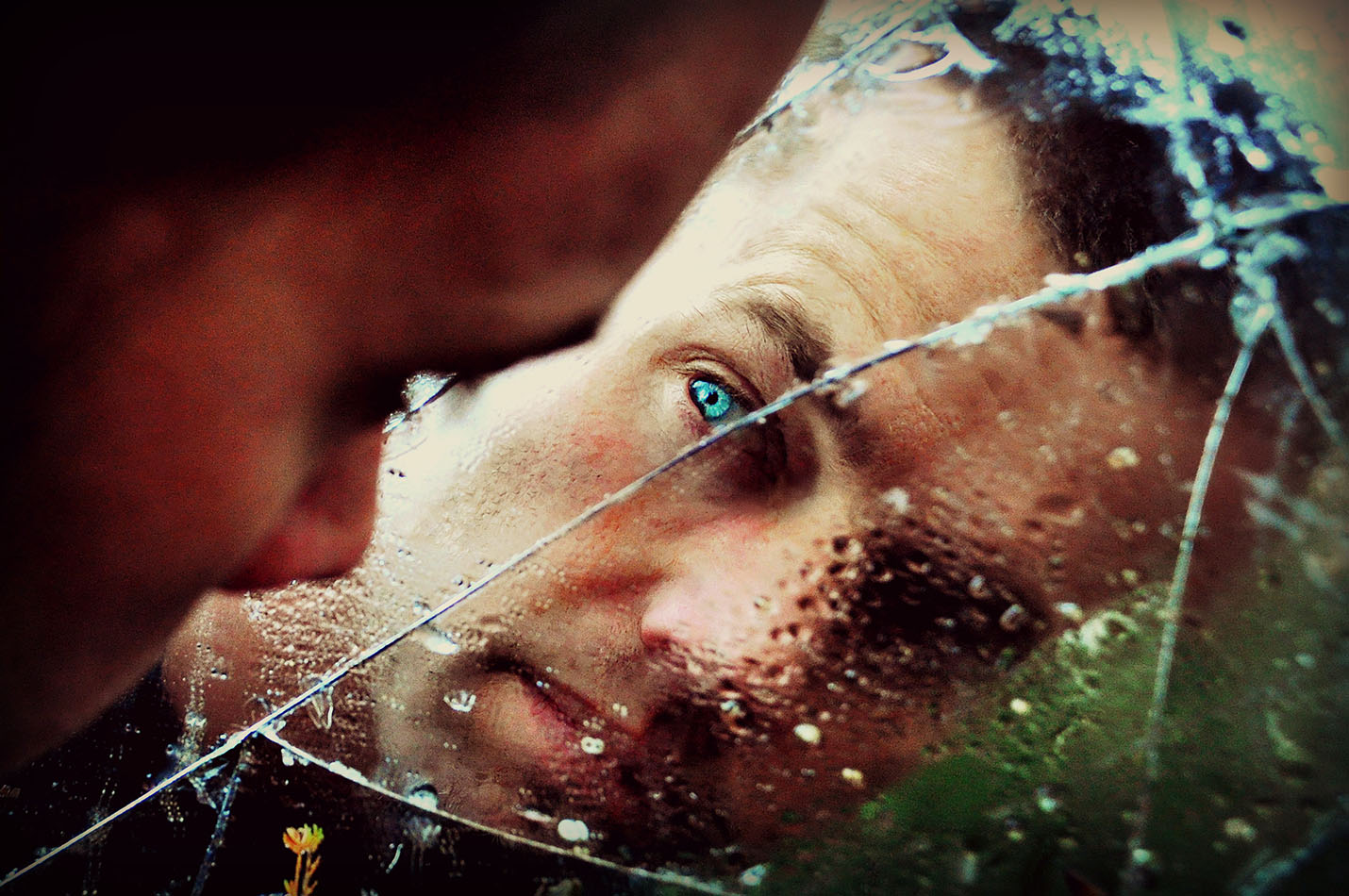Healing from Abuse and Trauma

Healing from abuse can be some of the most confusing and scary things we can do in our healing journey. If you have felt like you were crazy, something was wrong with you, you are often scared of what is coming next (when is the next shoe going to drop), to wondering if you are constantly in trouble with something or someone, wanting to protect yourself from all the things that are uncontrollable, you may be trying to heal from past traumas or abuse. Now, not all these symptoms mean you have trauma but they are common among those who are figuring out what it means to heal.
When we are leaving, or from, an abusive relationship we have a particular way we view the world. Often it involves a lot of negative self-talk, shame, confusion, belittlement, self-deprecating talk, and self-sabotaging behaviors. These relationships are not always romantic. Sometimes they are from a parent, sibling, cousin, etc., Each of these have their own ways of hurting us and looking at that on an individual level is how we will start.
What to Expect
Your first appointment: This is the time where I am getting to know you. I am interested in your full story and being able to make sure we get all the paperwork squared away. It is the perfect time to unload and catch the therapist up on where you are at with your journey and what you are struggling with. At this time, we can set some goals for what you hope out of therapy and what you would like to see for yourself.
- CBT: This is cognitive behavioral therapy, and it is often used when we are looking at areas where we could be lying to ourselves because someone else, well, lied to us about us!
- REBT: Rational emotive behavioral therapy – here we are looking at possible outcomes for worse case scenarios. What would it mean if this did happen? What are our options?
- Unconditional Positive Regard: Regardless of what you have been told, the goal is to feel you have no judgement and your story holds value. It is difficult to have to defend your case all the time to people who seem to not want to believe you. Hopefully, we are a great fit and you feel understood.
Trauma Counseling

What to Expect
The process typically begins with stabilization. Before delving into traumatic memories, it's essential to equip individuals with tools to manage their emotional reactions. Techniques from cognitive-behavioral therapy, mindfulness, and grounding exercises can be introduced.
